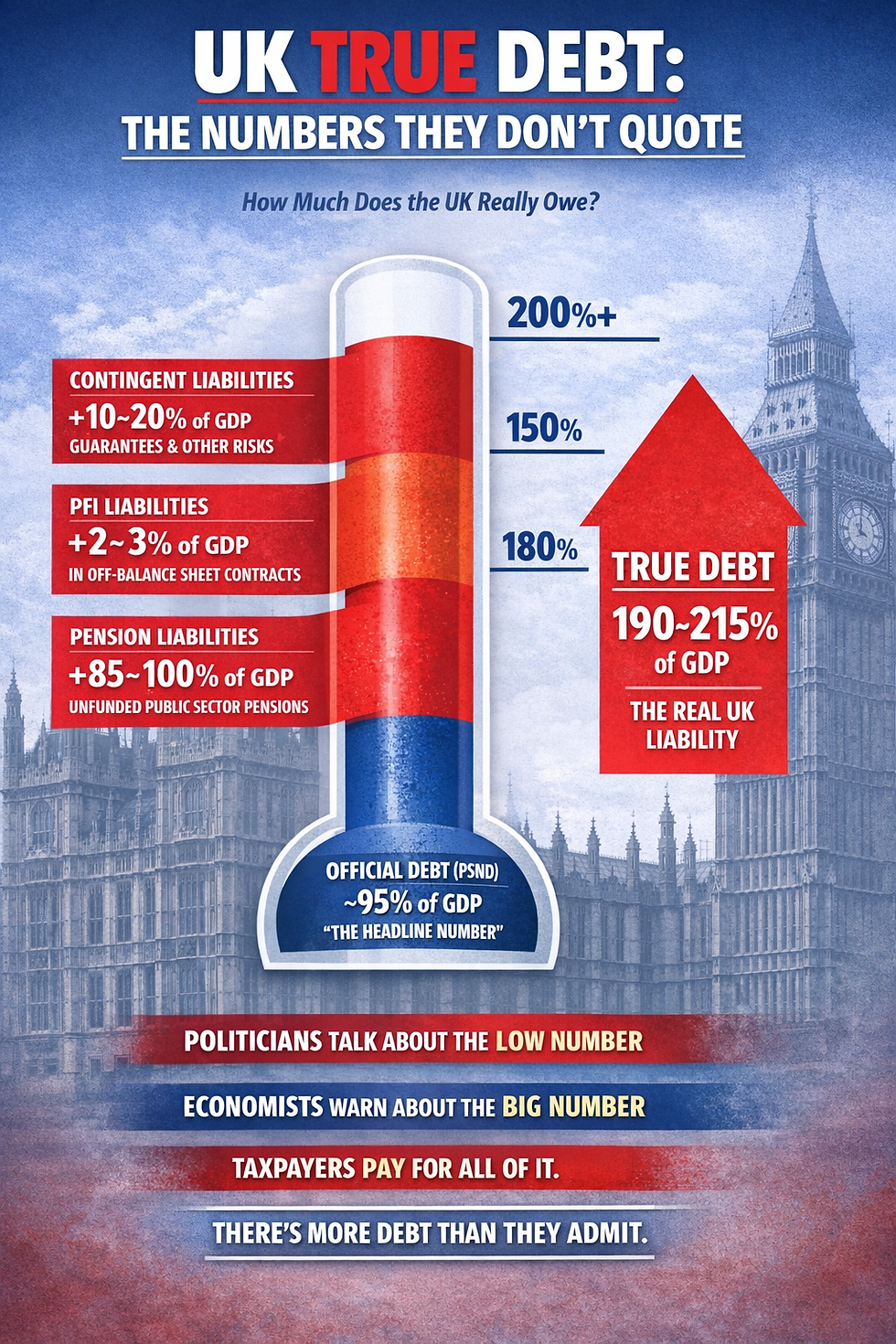Watch Out for the Pension Trap
- Shaun Crozier
- Sep 28, 2022
- 1 min read

You may have heard of NHS employees being in a pension trap, whereby they are taxed at 90% on earnings, this doesn’t only affect NHS employees but anyone in a defined benefit scheme where they can’t control their yearly pension contributions.
A defined benefit scheme is the new name for a Final Salary pension, while now uncommon in the private sector they still exist for government employees, university employees and others.
Everyone had an Annual Allowance for pension contributions, while this used to be generous at £200,000 a year, it is now a measly £40,000!
For a defined benefit scheme, it is further complicated by considering the amount by which your “pension pot” increases year on year.
The excess charge is the amount by which your pension pot increases above the £40,000 level, and is taxed at your highest rate, which currently for the tax year to 5 April 2023 is 45%.
Even if you do not normally need to submit a tax return to HMRC, you will need to submit one if you are subject to the charge. Failure to do so can result in interest and penalties.


